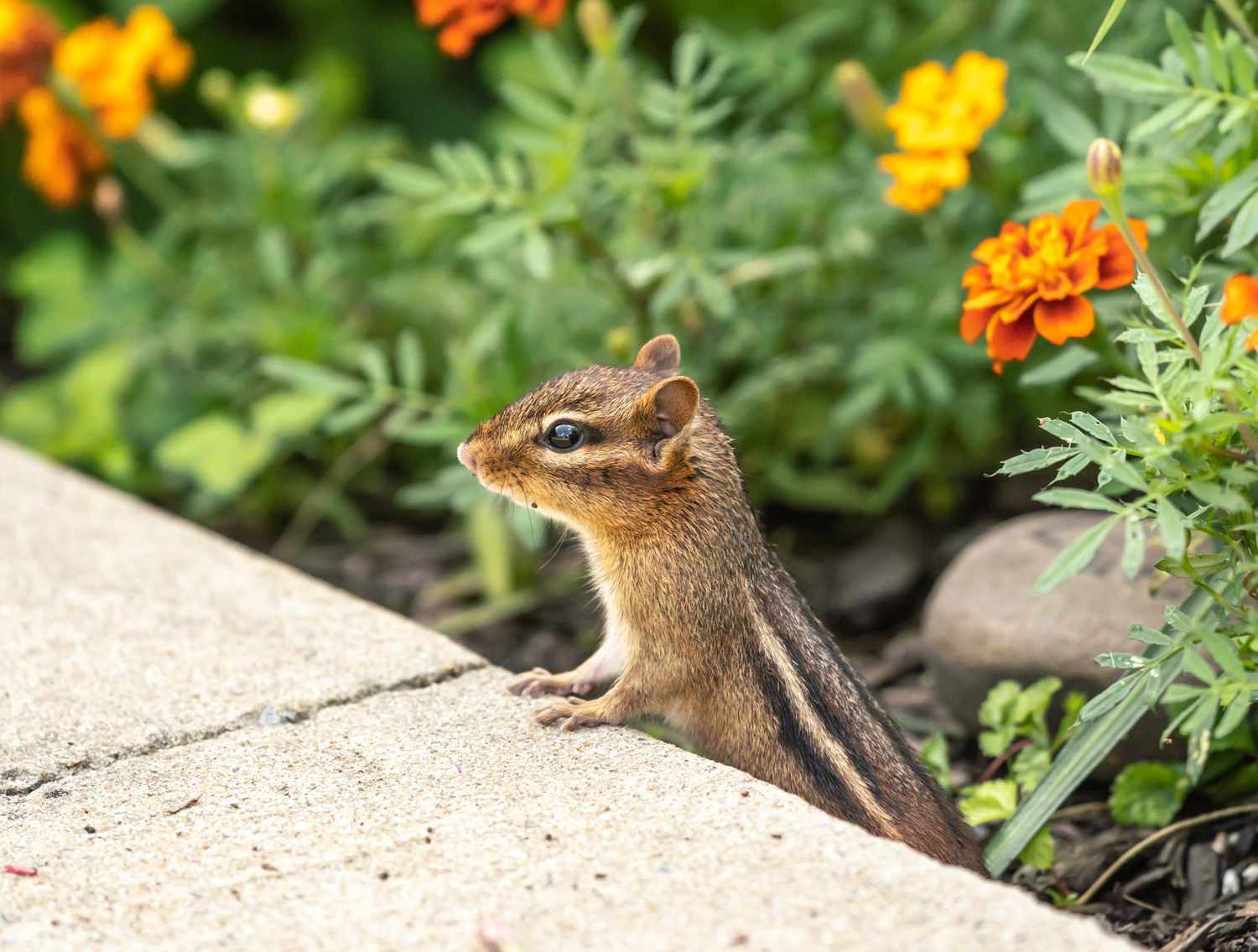

Articles
How To Deter Chipmunks From Garden
Modified: December 6, 2023
Learn effective techniques to deter chipmunks from your garden and keep your gardening activities stress-free. Discover expert tips and tricks for maintaining a chipmunk-free garden.
(Many of the links in this article redirect to a specific reviewed product. Your purchase of these products through affiliate links helps to generate commission for Storables.com, at no extra cost. Learn more)
Introduction
Chipmunks can be quite charming with their small size and cute appearance. However, when they invade your garden, they can quickly become a nuisance. These furry creatures are known for their digging and burrowing habits, which can cause damage to your plants, flowers, and even your lawn. If you’re dealing with a chipmunk problem, it’s important to take action to deter them from your garden without causing them harm.
In this article, we will explore various methods to deter chipmunks from your garden naturally and effectively. Understanding their behavior, identifying the signs of chipmunk damage, and implementing the right strategies can help protect your garden and maintain its beauty.
Key Takeaways:
- Protect your garden from chipmunk damage by understanding their behavior, identifying signs of damage, and implementing natural deterrents, barriers, and distraction gardens. With patience and persistence, achieve a thriving, chipmunk-free garden.
- Employ a combination of eco-friendly methods, including removing food sources, using natural deterrents, creating physical barriers, and implementing distraction gardens to deter chipmunks from your garden. Prioritize humane strategies and stay informed about local wildlife regulations.
Read more: How To Deter Rats From The Patio
Understanding Chipmunk Behavior
Before we delve into methods to deter chipmunks, it’s essential to have a basic understanding of their behavior. Chipmunks are small rodents that belong to the squirrel family. They are typically active during the day and spend most of their time foraging for food.
Chipmunks are opportunistic eaters and have a diverse diet that includes nuts, seeds, fruits, berries, insects, and even small vertebrates. Their natural habitat consists of woodland areas, but they can also adapt well to urban environments, including your garden.
Chipmunks are known for their excellent burrowing skills. They dig burrows and create complex underground tunnel systems as their homes. These burrows serve as protection from predators and shelter during extreme weather conditions.
Moreover, chipmunks have a strong nesting instinct. They often build nests in burrows, hollow logs, or beneath rocks or fallen trees. During the nesting season, a female chipmunk, called a sow, will give birth to a litter of baby chipmunks, known as pups. These young chipmunks are born blind and entirely dependent on their mother for several weeks.
Understanding chipmunk behavior can help you develop effective strategies to deter them from your garden. By taking into account their food preferences, nesting habits, and vulnerabilities, you can implement methods that discourage chipmunks from making your garden their home.
Identifying Chipmunk Damage in the Garden
Chipmunks can cause various types of damage to your garden, and identifying the signs early on can help you take action to prevent further destruction. Here are some common indications of chipmunk damage:
- Plant Damage: Chipmunks have a penchant for digging and burrowing, which can result in uprooted plants and damage to plant roots. They may also nip off the stems or leaves of young plants, causing stunted growth or even death.
- Bulb and Seed Consumption: Chipmunks are notorious for raiding bird feeders and stealing seeds. In your garden, they may dig up freshly planted bulbs or eat the seeds you’ve sown, making it challenging for plants to grow and bloom.
- Tunneling: Chipmunks create intricate tunnel systems underground, which can weaken the soil structure and cause plants to become unstable. Look for small holes or tunnels near the base of your plants.
- Feeding Signs: Chipmunks leave behind gnawed or chewed fruits, vegetables, and nuts. If you notice partially eaten produce or bite marks on fruits, it’s a clear sign of chipmunk activity.
- Debarked Trees: In some cases, chipmunks may chew on the bark of young trees or shrubs. This can significantly harm the plant’s health, leaving it susceptible to disease and infestation.
By keeping a watchful eye on your garden and regularly inspecting for these signs, you can quickly identify chipmunk damage. Early detection allows you to take immediate action to deter chipmunks and protect your plants from further harm.
Natural Ways to Deter Chipmunks
If you prefer eco-friendly and humane methods to control chipmunks in your garden, there are several natural deterrents you can try. Here are some effective strategies:
- Remove Food Sources: Chipmunks are attracted to food sources such as bird feeders, fallen fruits, and unsecured garbage bins. Make sure to clean up any fallen fruits or seeds regularly and store garbage securely in containers that chipmunks cannot access.
- Plant Garlic and Marigolds: Chipmunks dislike the strong scent of garlic and marigolds. Planting these around your garden borders or near vulnerable plants can help repel chipmunks.
- Use Predatory Scents: Chipmunks are prey animals, and the smell of predators can deter them. Consider using natural predator scents like fox urine or placing owl decoys near your garden to create the impression that predators are present.
- Install Vibrating Devices: Chipmunks are sensitive to vibrations. Installing vibrating devices, such as solar-powered mole chasers, near your garden can disrupt their sense of security and discourage them from entering.
- Use Hot Pepper Sprays: Chipmunks dislike the strong taste of capsaicin found in hot peppers. Create a homemade pepper spray by mixing water with crushed hot peppers and spray it around your garden. Be sure to reapply after rain or watering.
- Install Motion-Activated Sprinklers: Motion-activated sprinklers can startle chipmunks with a burst of water when they enter your garden. This method not only deters chipmunks but also helps keep your garden well-watered.
- Utilize Natural Repellents: Certain scents repel chipmunks, and you can use natural repellents like peppermint oil, citrus peels, or predator urine available in stores. Apply these around your garden or on specific plants that chipmunks tend to target.
Remember that these natural deterrents may need time and consistent application to effectively deter chipmunks from your garden. Using a combination of methods can increase your chances of success in keeping chipmunks at bay without causing them harm.
Using Barriers to Keep Chipmunks Out
Creating physical barriers is another effective method to keep chipmunks out of your garden. By blocking their access points, you can prevent them from entering and causing damage. Here are some barrier techniques you can employ:
- Fencing: Install a sturdy fence around your garden to keep chipmunks out. Opt for a fence with small mesh openings, such as hardware cloth, to prevent them from squeezing through. Make sure the fence is buried at least 6 inches below the ground to discourage burrowing.
- Plant Containers: If you have potted plants in your garden, consider placing them on raised platforms or using containers with smooth sides. This makes it difficult for chipmunks to climb and access the plants.
- Wire Cages: For specific plants or vulnerable areas, you can create wire cages or mesh enclosures to protect them. This allows air and sunlight to reach the plants while keeping chipmunks away.
- Collars around Trees: To safeguard young trees or shrubs from chipmunk damage, wrap a protective collar around the trunk. Use materials like plastic mesh or sheet metal, ensuring the collar extends a few inches above and below ground level.
- Bury Hardware Cloth: If chipmunks are an ongoing problem in your garden, consider burying hardware cloth vertically around the perimeter, extending it at least 12 inches below the surface. This prevents chipmunks from burrowing under the barrier.
- Sealing Entry Points: Inspect the exterior of your home, shed, or any other structures in your garden for cracks or gaps. Use caulk or other appropriate materials to seal these entry points and prevent chipmunks from entering.
Combining physical barriers with other deterrent methods can significantly decrease chipmunk activity and protect your garden. However, it’s essential to regularly inspect your barriers for any damage or gaps to ensure their effectiveness.
To deter chipmunks from your garden, try using natural repellents like garlic, cayenne pepper, or predator urine. You can also install fencing or use live traps to relocate them.
Read more: How To Deter Bees From A Patio
Implementing Repellents to Discourage Chipmunks
Repellents can be a useful tool to deter chipmunks from your garden. These substances create an unpleasant smell, taste, or sensation that drives chipmunks away. Here are some common repellent options:
- Natural Repellents: Several natural substances can repel chipmunks, such as vinegar, ammonia, or predator urine. Soak cotton balls in these repellents and place them strategically around your garden or near chipmunk activity areas.
- Commercial Repellents: There are various commercial repellents available that are specifically formulated to repel chipmunks. These products contain natural ingredients like castor oil or garlic oil. Follow the manufacturer’s instructions for application and reapplication.
- Mothballs: While not specifically designed for chipmunks, the strong odor of mothballs can deter them. Place mothballs in mesh bags and hang them near vulnerable plants or chipmunk entry points. Keep in mind that mothballs are toxic and should be handled with care.
- Ultrasonic Devices: Ultrasonic devices emit high-frequency sounds that are undetectable to humans but can irritate chipmunks. Install these devices strategically around your garden to create an uncomfortable environment for chipmunks.
- Spices and Herbs: Chipmunks dislike certain strong smells, such as cinnamon, cayenne pepper, or mint. Sprinkle these spices or herbs around your garden or create sachets to hang near chipmunk activity areas.
- Repellent Plants: Some plants have natural repellent properties that can discourage chipmunks. Consider planting daffodils, hyacinths, or alliums, as chipmunks tend to avoid them.
When using repellents, it’s important to remember that their effectiveness may vary depending on the chipmunk population and individual preferences. It may be necessary to experiment with different repellents or combinations to find the most effective solution for your garden.
Keep in mind that repellents need to be reapplied regularly, especially after rain or irrigation, to maintain their effectiveness. Additionally, it’s important to read and follow the instructions provided with commercial repellents to ensure safe and proper usage.
Creating a Distraction Garden
One clever strategy to deter chipmunks from your main garden is to create a distraction garden or area. By providing an alternative space for them to forage and explore, you can steer chipmunks away from your prized plants. Here’s how you can create a distraction garden:
- Select an Area: Choose a spot in your yard or garden that is away from your main garden and preferably closer to a wooded or natural area. This will give chipmunks a secluded and enticing space to explore.
- Plant Preferred Foods: Research the types of plants that chipmunks are attracted to and fill your distraction garden with these. Sunflowers, corn, or certain varieties of nuts and berries are often favorites. Be sure to monitor the growth and health of these plants to avoid creating an overabundance of chipmunk-friendly food.
- Provide Shelter: Incorporate features in your distraction garden that offer shelter for chipmunks. This can include planting dense shrubs, creating brush piles, or leaving fallen logs or branches in the area.
- Water Source: Chipmunks need a water source, so consider placing a small birdbath or shallow dish of water in the distraction garden. This will make it even more enticing for chipmunks to spend time there.
- Regular Maintenance: Treat your distraction garden as you would your main garden. Regularly water, weed, and maintain the plants to keep them healthy and attractive to chipmunks. This will make it a more appealing alternative to your other plants.
- Monitor and Adjust: Keep an eye on chipmunk activity in both your main garden and the distraction garden. If you notice chipmunks starting to migrate to the main garden, you may need to tweak the contents or location of the distraction garden to keep them focused there.
Creating a distraction garden requires some planning and effort, but it can significantly reduce chipmunk damage to your main garden. By enticing chipmunks with their preferred plants and amenities in a designated area, you can enjoy your beautiful garden while providing a space for chipmunks to explore and forage.
Humane Trapping and Relocating Methods
If you’ve tried various deterrents without success and are still dealing with persistent chipmunk problems in your garden, you may consider using humane trapping and relocating methods. These techniques allow you to capture chipmunks and safely release them into a more suitable habitat. Here are some humane trapping and relocating methods to consider:
- Live Traps: Use live traps specifically designed for small rodents like chipmunks. Place bait, such as peanut butter or seeds, inside the trap and set it in an area where chipmunks have been active. Check the trap regularly and release captured chipmunks far away from your property, preferably in a wooded area.
- Release Protocol: When relocating chipmunks, do so in accordance with local regulations and consider the chipmunk’s survival prospects in the new location. Choose suitable habitats with abundant food sources, proper shelter, and minimal competition from other chipmunks.
- Secure Transportation: When moving captured chipmunks, make sure you transport them in a secure and well-ventilated container. Release them gently and quickly, allowing them the opportunity to find shelter and establish a new territory.
- Prevent Reentry: After removing chipmunks from your property, take measures to prevent them from returning. Seal off any entry points they may have used, reinforce fencing or barriers, and implement other deterrent methods to discourage their presence.
- Seek Professional Help: If you’re not comfortable or experienced with trapping and relocating chipmunks, consider contacting a professional wildlife removal service. They can assist in employing humane methods and ensure proper handling and relocation of captured chipmunks.
It’s important to note that trapping and relocating chipmunks should be a last resort after exhausting other deterrent methods. Also, be aware that chipmunks have strong homing instincts and may attempt to return to their original habitat, so preventive measures are crucial to maintain a chipmunk-free garden.
Before implementing any trapping and relocating methods, be sure to familiarize yourself with local regulations and restrictions regarding the capture and release of wildlife in your area.
Additional Tips for Chipmunk Control
When dealing with chipmunk control in your garden, it’s important to explore various strategies and techniques. Here are some additional tips to consider when trying to manage chipmunk populations:
- Regular Garden Maintenance: Keep your garden tidy by removing debris, fallen leaves, and excess vegetation. This eliminates potential hiding places and reduces chipmunk activity in your garden.
- Adjust Feeding Habits: If you regularly feed birds, consider using feeders that are less accessible to chipmunks, such as suspended ones with baffles or cages. This reduces the availability of food sources that may attract chipmunks.
- Harvest Ripe Fruits and Vegetables Promptly: Harvest your fruits and vegetables as they ripen to prevent chipmunks from feasting on them. Inspect your plants regularly, and promptly remove anything that appears damaged or ready for consumption.
- Use Noise and Vibrations: Chipmunks are sensitive to sudden loud noises and vibrations. Set up wind chimes, motion-activated noise-making devices, or even a low-frequency radio near your garden to disturb and discourage chipmunks.
- Maintain a Well-Trimmed Lawn: Keeping your lawn mowed and well-trimmed can deter chipmunks, as they prefer areas with tall grass and dense vegetation for cover. Ensure there is no excessive debris or clutter in your yard that can provide hiding spots.
- Mulch Alternatives: Chipmunks may use mulch as nesting material or for cover. Consider using stone, gravel, or crushed shells as alternatives to organic mulch, which can attract chipmunks.
- Monitor Neighboring Properties: Chipmunks can migrate from neighboring properties into your garden. Communicate with your neighbors about chipmunk control and work together to implement deterrent methods to reduce chipmunk populations collectively.
- Pet Presence: The presence of pets, such as cats or dogs, can help deter chipmunks from your garden. Their presence and potential predatory behavior create an uncomfortable environment for chipmunks.
- Regular Inspections: Stay vigilant and regularly inspect your garden for signs of chipmunk activity. Early detection allows for prompt action and prevents chipmunks from establishing a strong presence in your garden.
- Adjust Strategies as Needed: Chipmunk behavior and populations can fluctuate. If one method doesn’t bring the desired results, be open to adjusting, combining, or trying different strategies until you find the most effective solution for your specific circumstances.
Remember, patience and persistence are key when dealing with chipmunk control. By implementing a combination of strategies and staying proactive, you can minimize chipmunk damage and maintain a thriving garden.
Read more: How To Deter Spiders From Porch
Conclusion
Dealing with chipmunks in your garden can be a frustrating experience, but with the right knowledge and techniques, you can effectively deter them without causing harm. By understanding chipmunk behavior, identifying signs of damage, and implementing the appropriate strategies, you can protect your garden and enjoy its beauty.
In this article, we’ve explored various methods for deterring chipmunks naturally and humanely. From removing food sources and using repellents to creating barriers and distraction gardens, there are numerous tactics to choose from. Additionally, we discussed the option of trapping and relocating chipmunks if other methods prove ineffective.
It’s important to remember that a combination of approaches and regular maintenance is often the key to successful chipmunk control. Implementing these strategies may require some trial and error, as the effectiveness can vary depending on the specific circumstances and preferences of chipmunks in your area.
It’s also essential to stay informed about local regulations regarding wildlife control and to prioritize the safety of both your garden and the chipmunks themselves. Taking measures to limit chipmunk activity without causing harm benefits both you and the local ecosystem.
By being proactive, observant, and adaptable, you can achieve a balance that allows you to enjoy your garden while minimizing unwanted chipmunk disruptions. With a combination of natural deterrents, barriers, and preventative measures, you can create a space where chipmunks are less likely to cause damage.
Remember, managing chipmunks in your garden requires patience and persistence. With consistent efforts and a comprehensive approach, you can successfully deter chipmunks and maintain a thriving garden that brings you joy throughout the seasons.
Frequently Asked Questions about How To Deter Chipmunks From Garden
Was this page helpful?
At Storables.com, we guarantee accurate and reliable information. Our content, validated by Expert Board Contributors, is crafted following stringent Editorial Policies. We're committed to providing you with well-researched, expert-backed insights for all your informational needs.
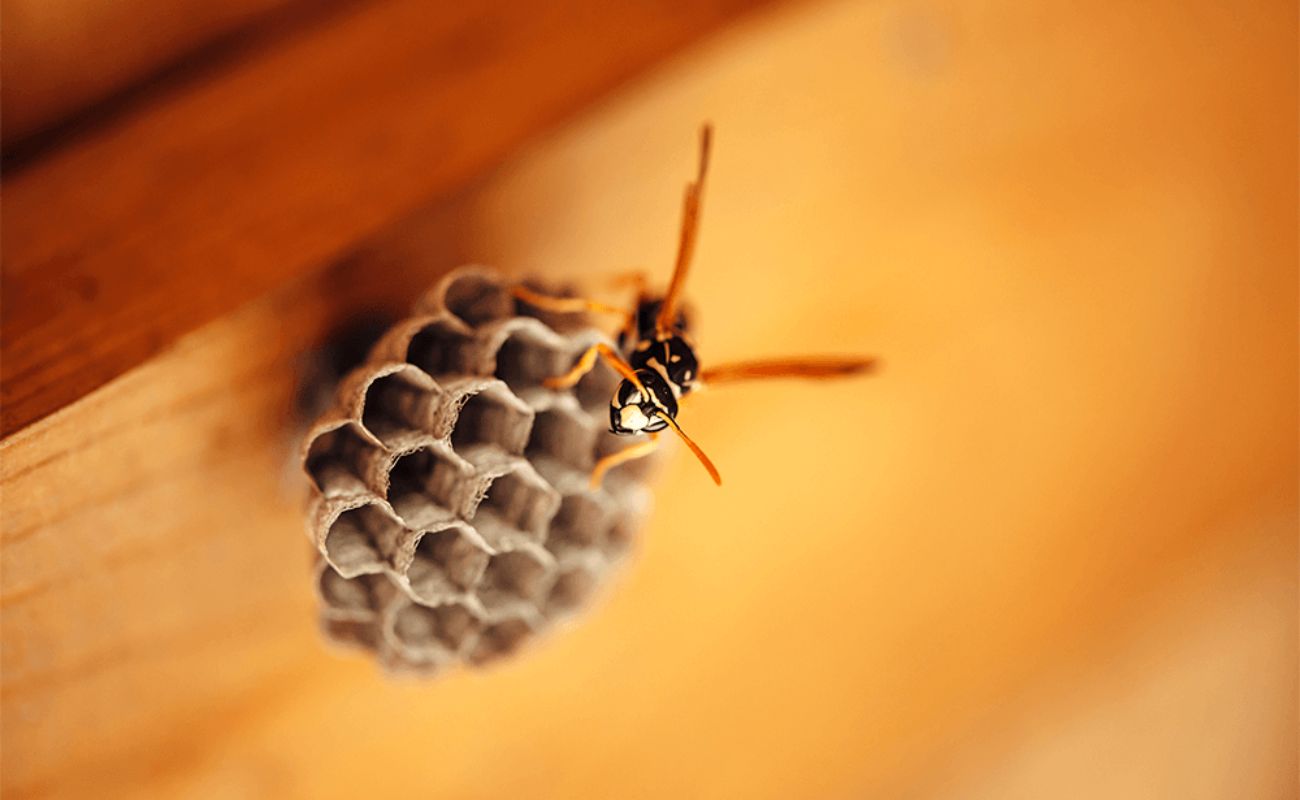
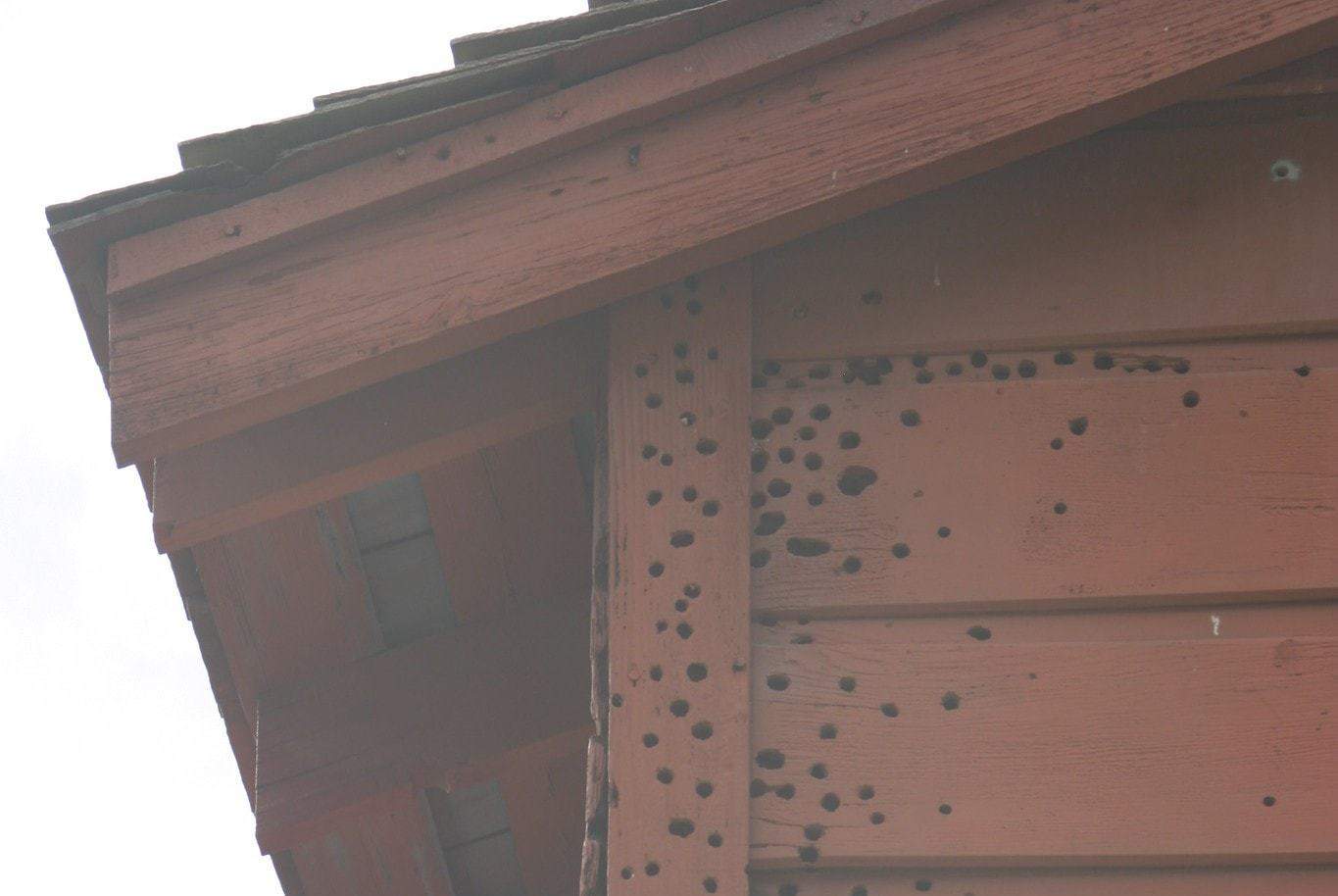
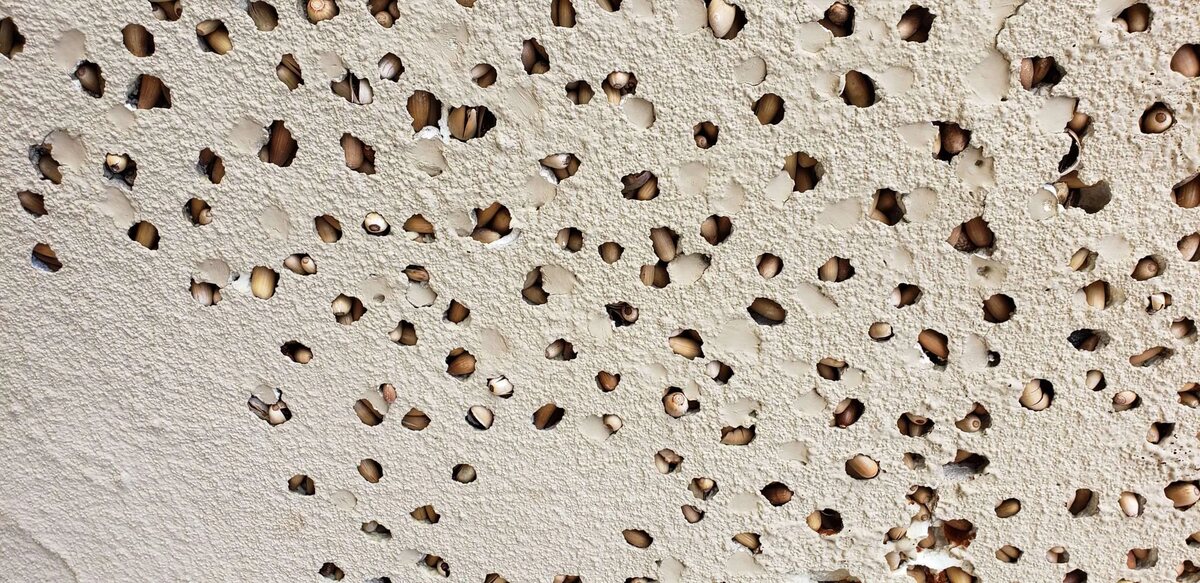
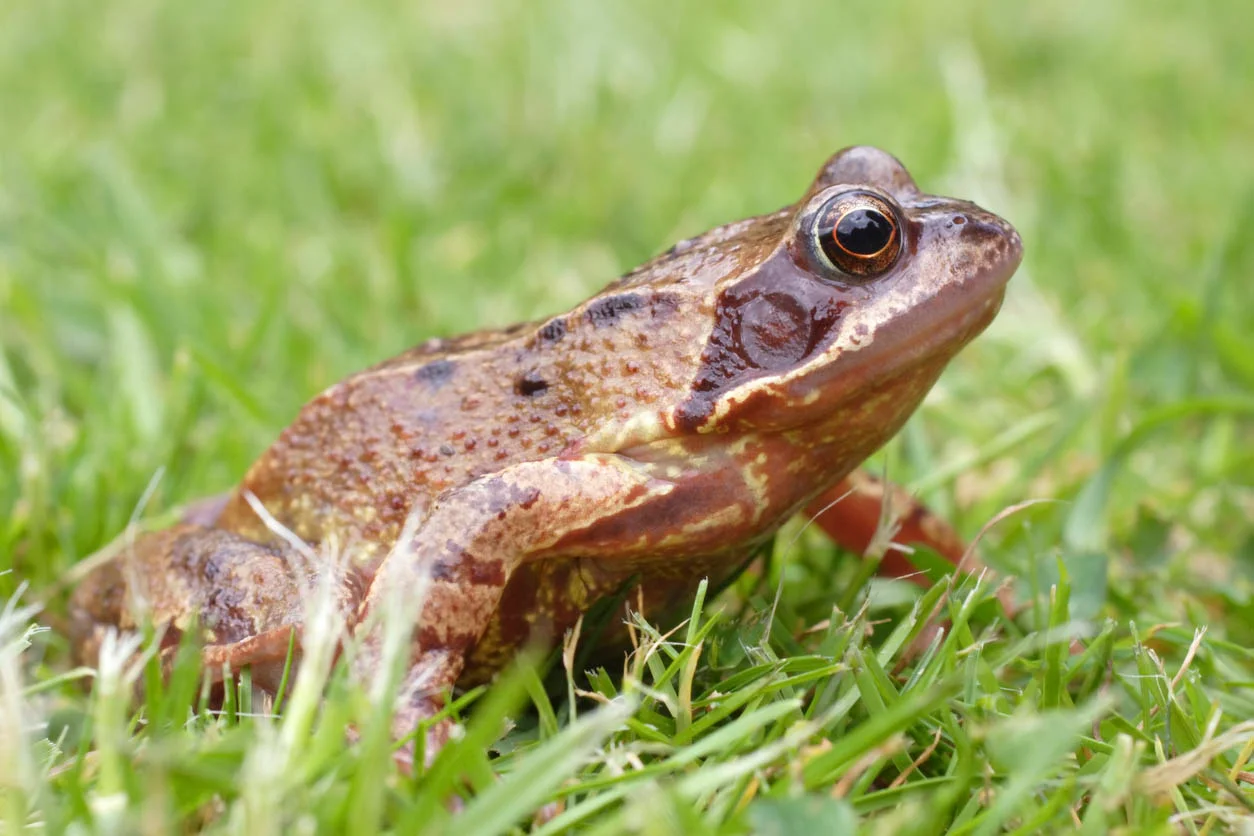
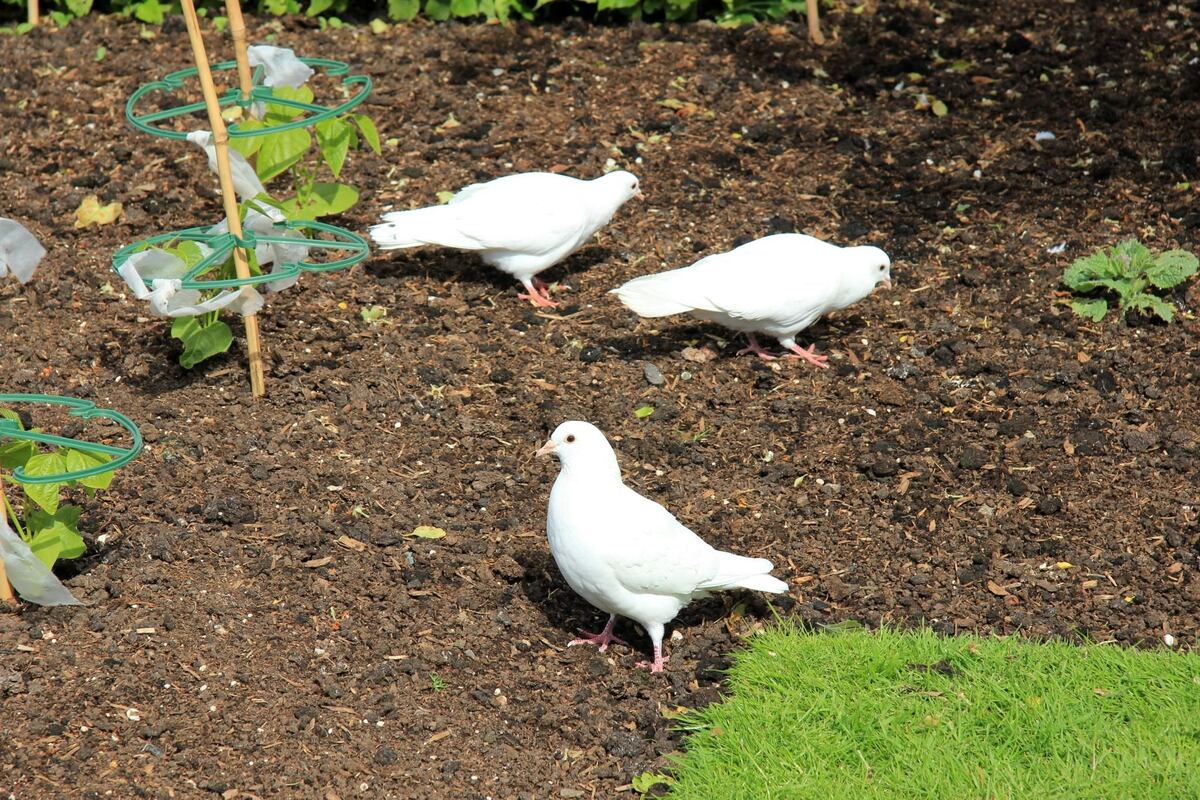
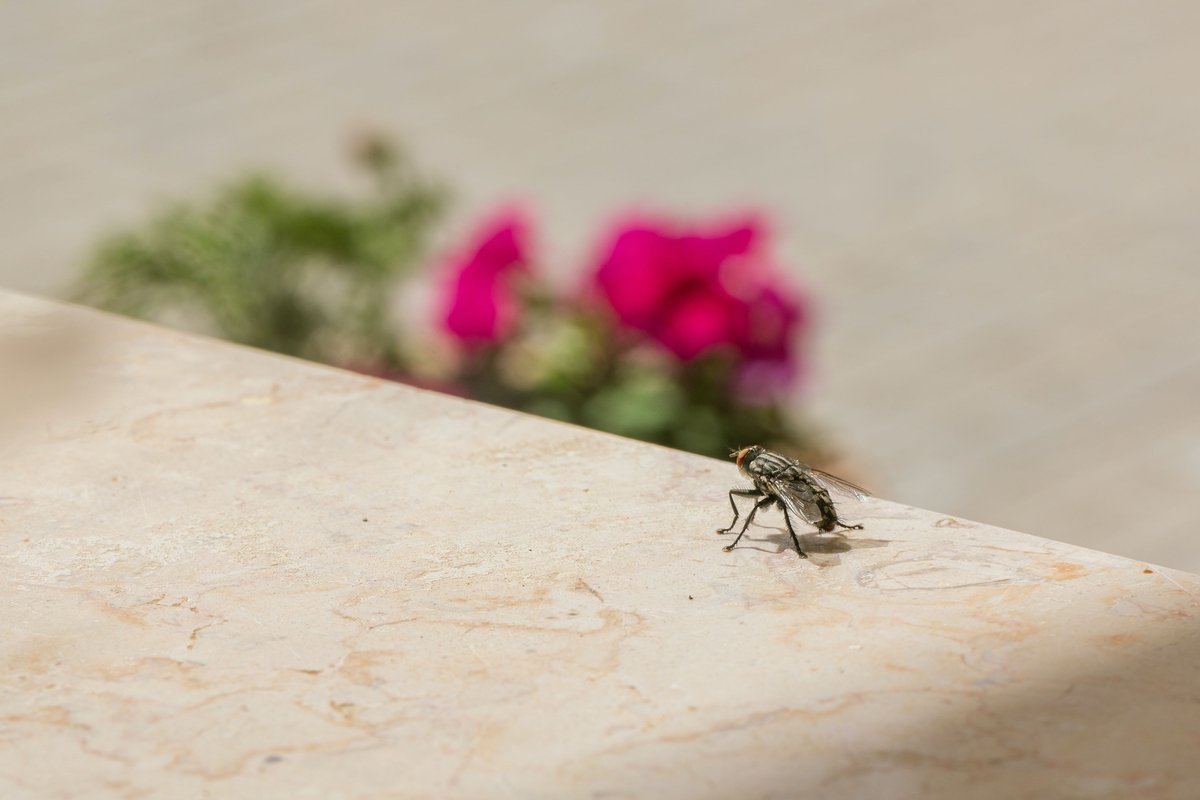
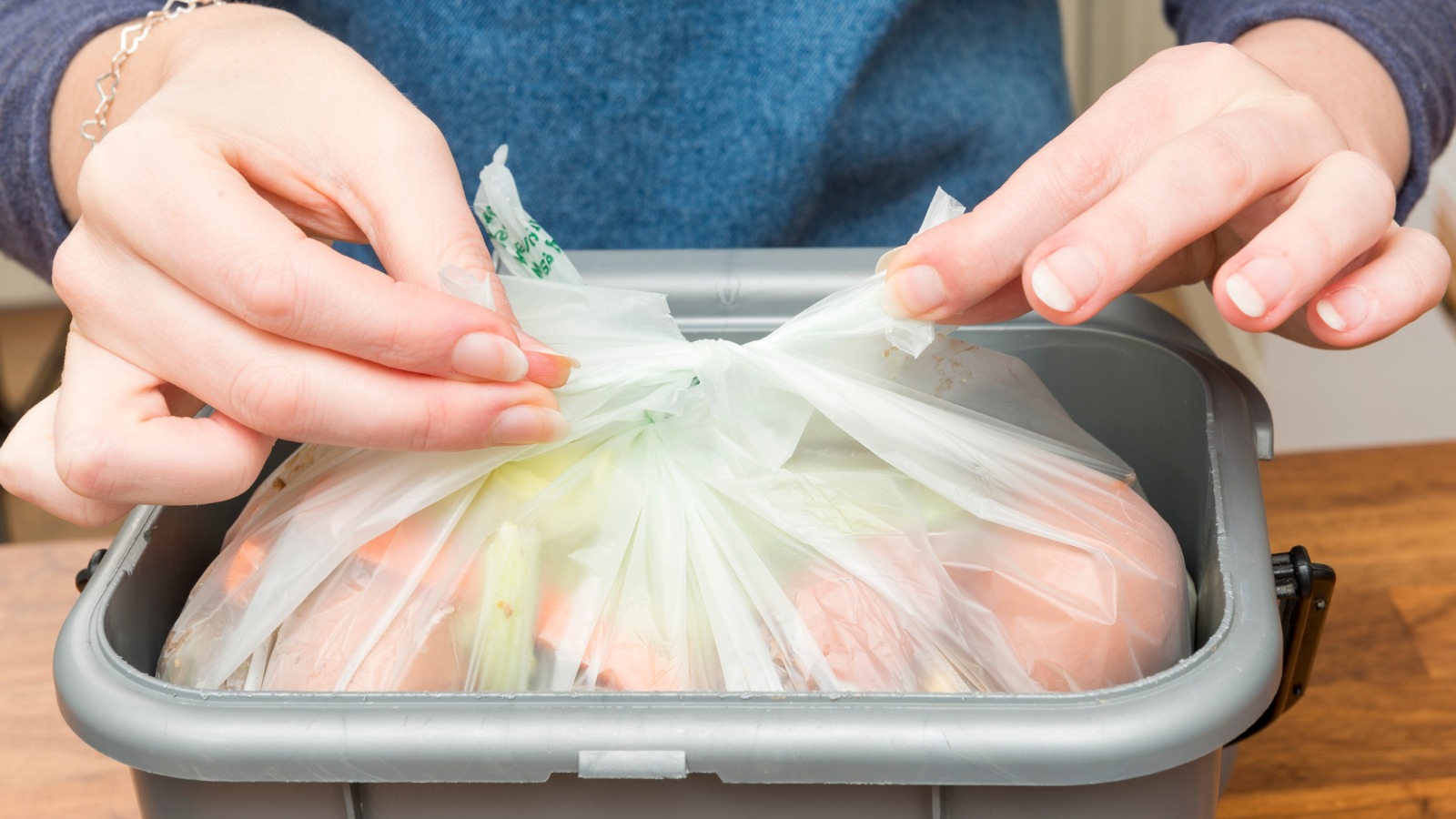
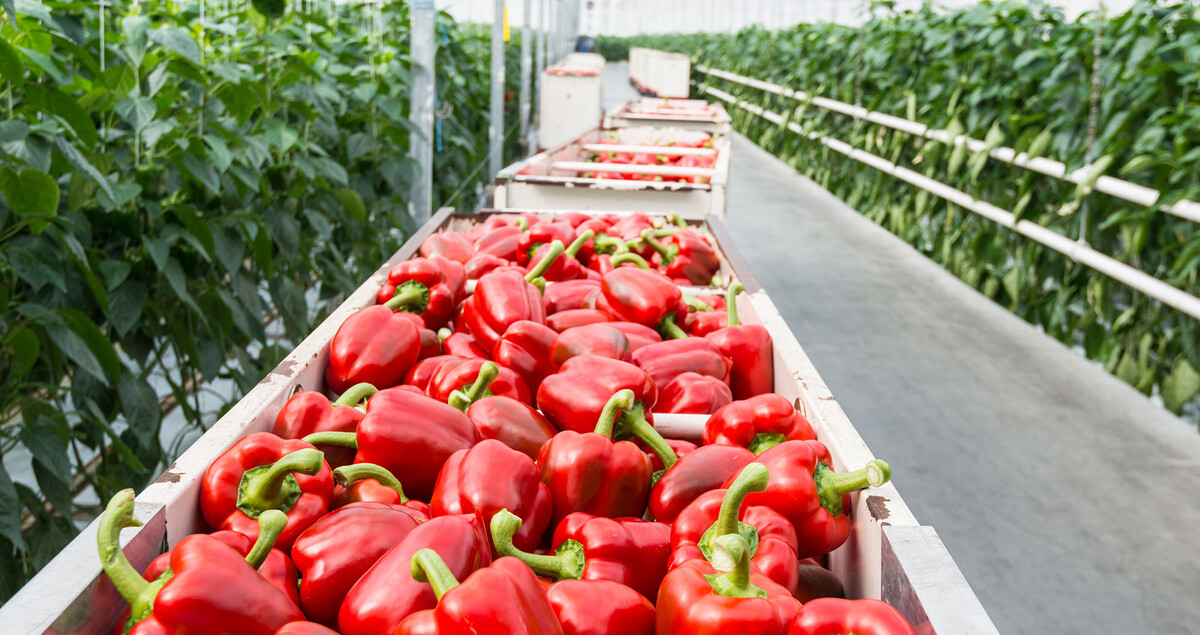
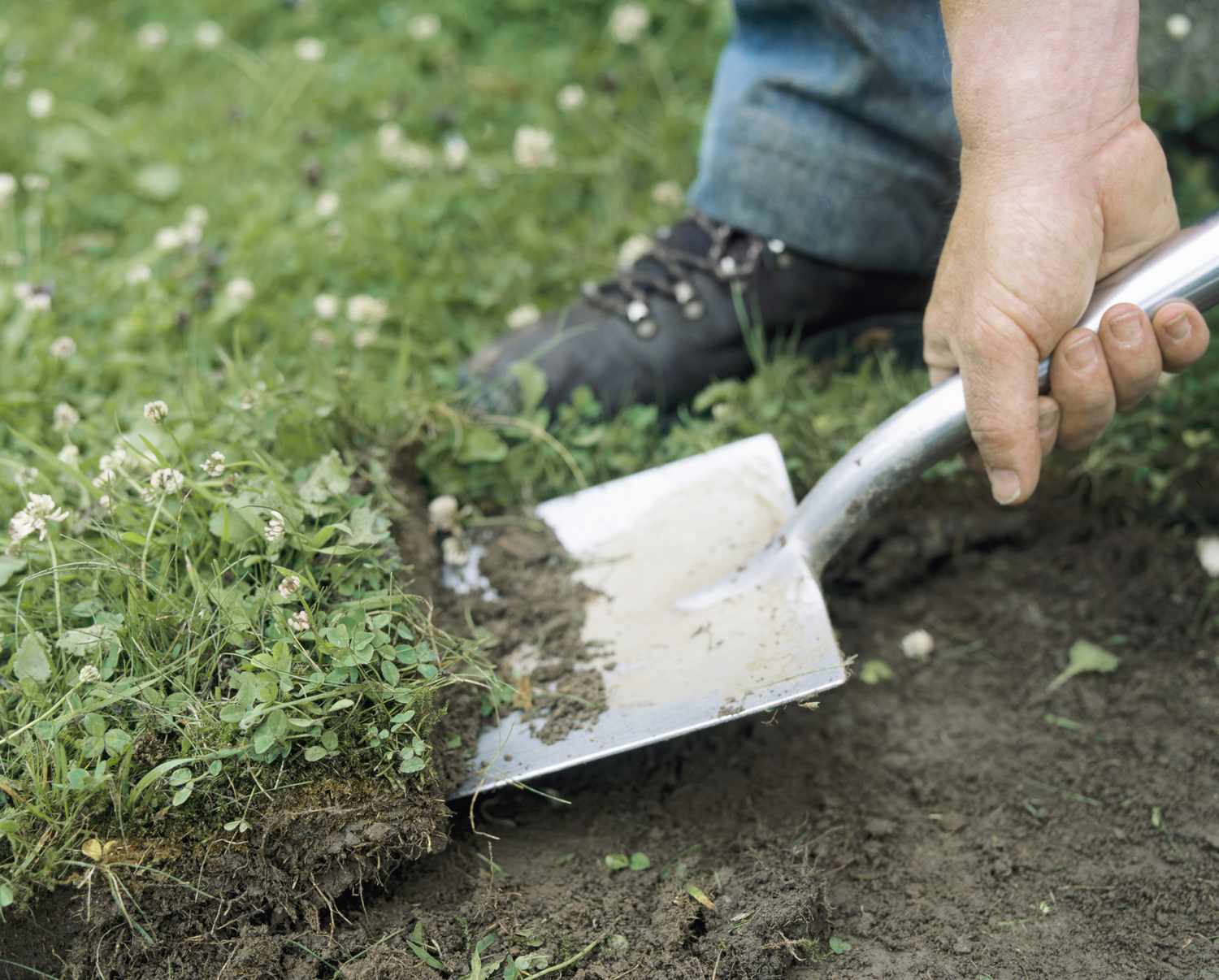
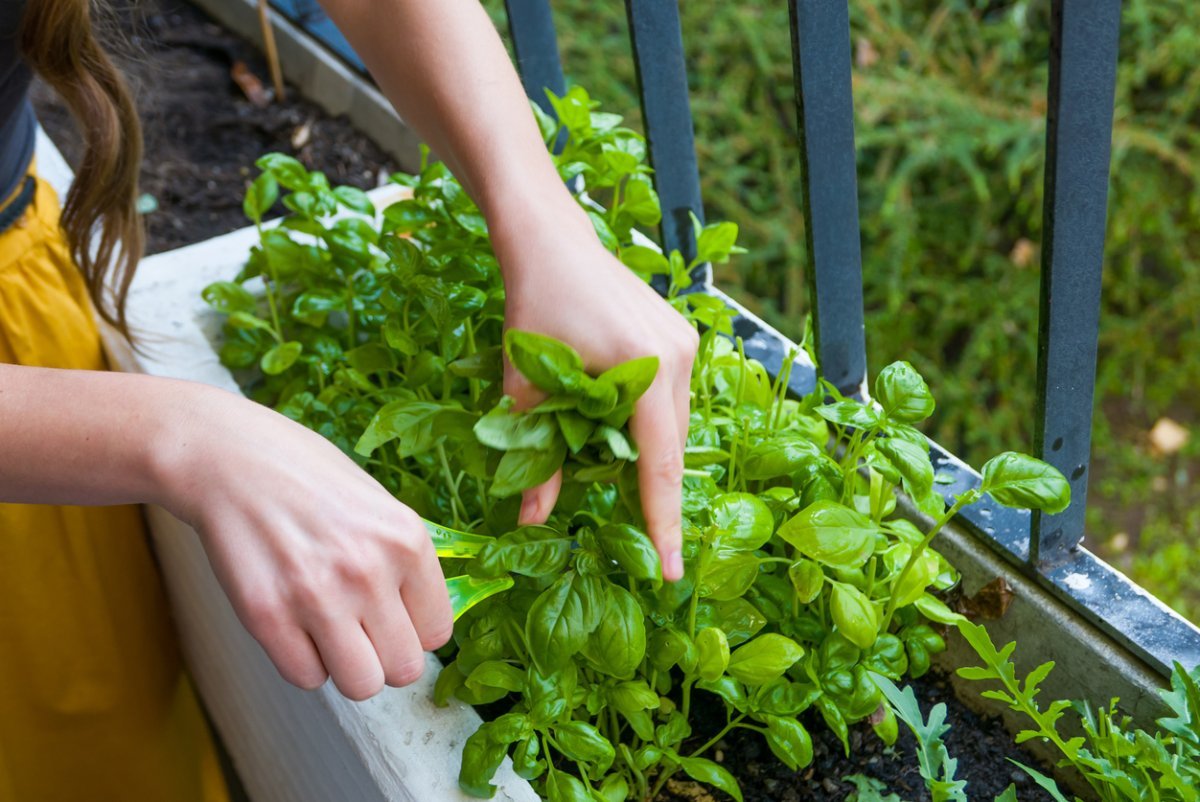
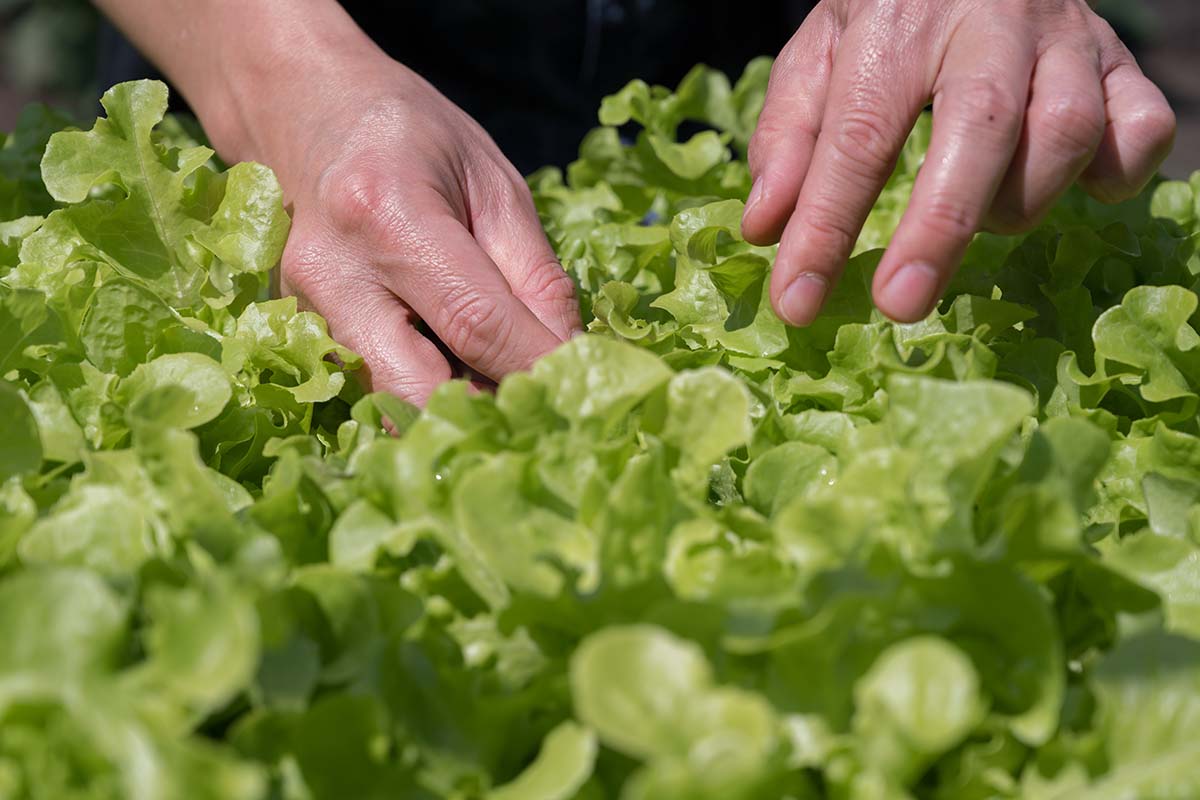
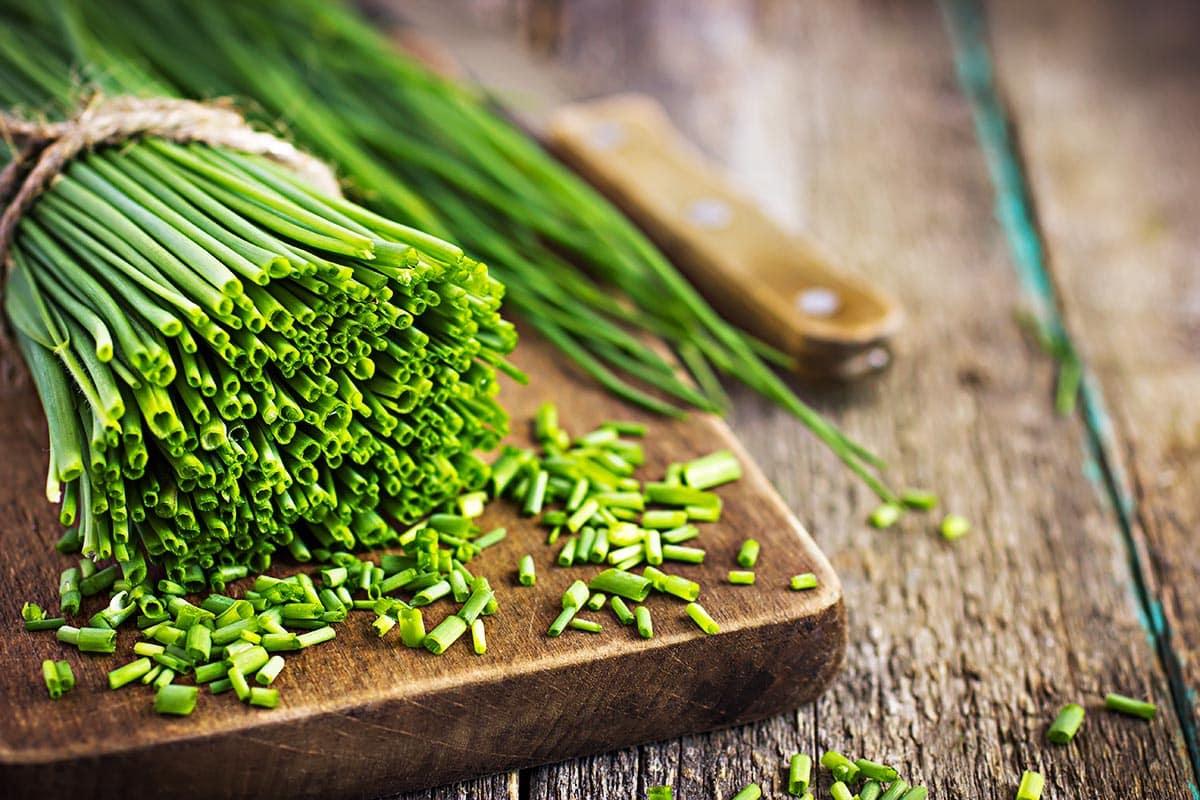
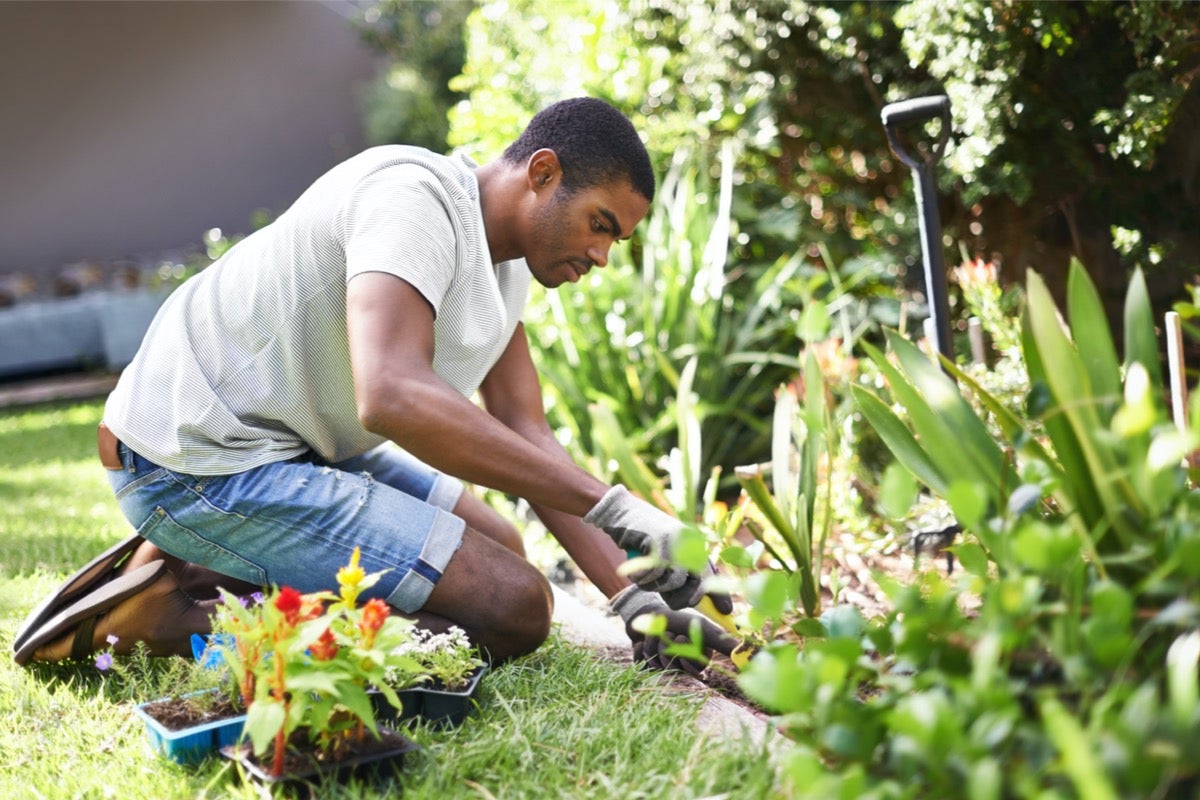

0 thoughts on “How To Deter Chipmunks From Garden”